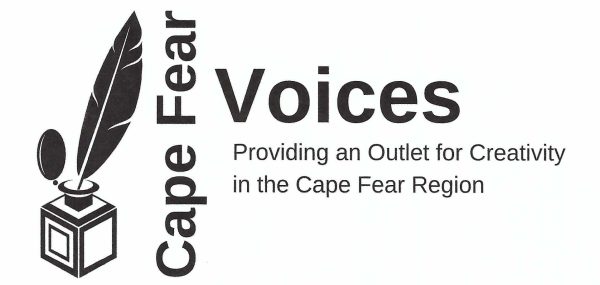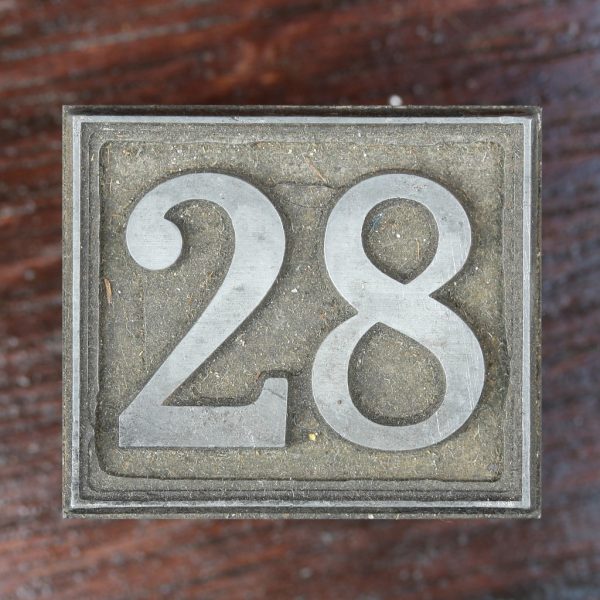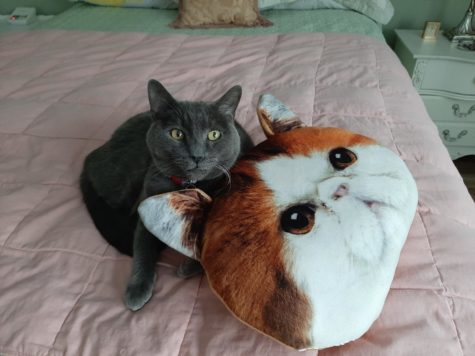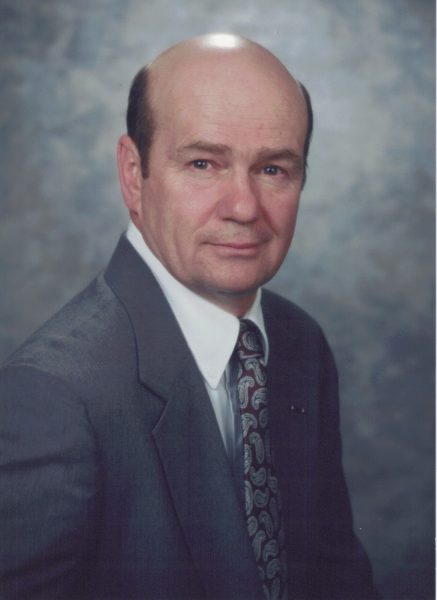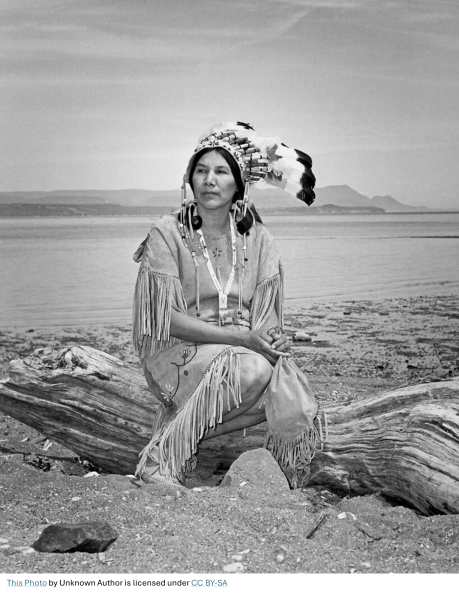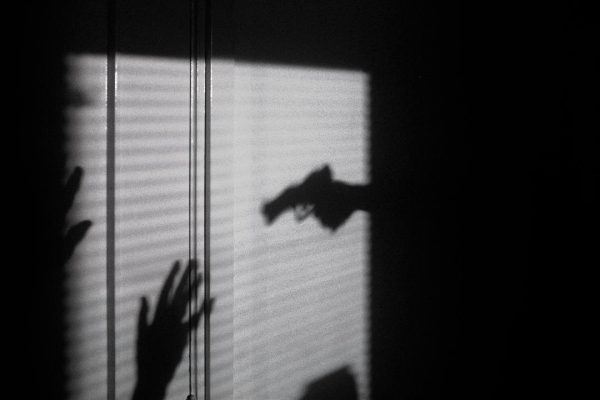I Knew This Kid
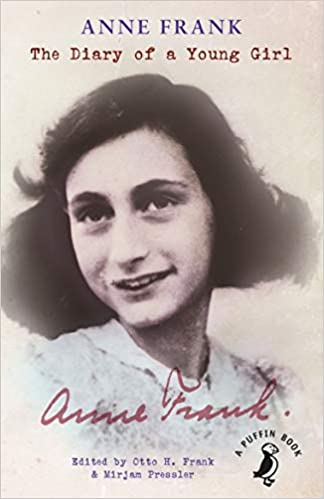
November 1, 2022
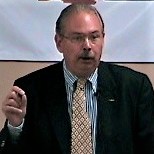 I was in Amsterdam. It was back in the 80s and I’d been visiting a former army colleague who was then a Foreign Service Officer stationed in Bonn. He had an appointment in Amsterdam and I tagged along. When he went to his meeting I went for a long stroll along the canals with no particular direction in mind, I was soaking up the atmosphere and geography of that marvelous city.
I was in Amsterdam. It was back in the 80s and I’d been visiting a former army colleague who was then a Foreign Service Officer stationed in Bonn. He had an appointment in Amsterdam and I tagged along. When he went to his meeting I went for a long stroll along the canals with no particular direction in mind, I was soaking up the atmosphere and geography of that marvelous city.
A placard caught my attention. It was the Anne Frank House, not my intended destination but it felt like I was supposed to have found it. I paid the entrance fee and went in and followed the brochure I’d been given at the door. It was a chilly weekday morning and I was virtually alone as I wandered about studying the photographs and exhibits. Eventually I found my way to the bookcase that had disguised the entrance to the secret annex where the Frank family and four other unfortunates had been hiding for two years before being betrayed and arrested and ultimately sent to Nazi concentration camps. Ironically, they would be the last group transported from Amsterdam and only one would come home from the horrors of the Holocaust.
I’d spent three years in Germany as a soldier, was well aware of World War Two history, was responsible for the press information of one of our units based in Dachau and had spent more time than I’d wanted to in that first of the Nazi camps. I knew the story but I’d never come face to face with the victims; not until that day in Amsterdam.
I saw the room where Anne would spend two years of her young life. Pictures of movie stars on the wall, reminding me of my sister’s room with Beatle posters, the same room every young girl had or has. An innocent kid tucked away in a desperate attempt by friends and family to protect her, her sister and the others from a world gone mad. I had read her diary but re-read several passages during my visit; the hopeful ruminations of a teenager, her amusing observations, her frustrations with parents, her determination to find a place in the world. I knew this kid, she was my sister, she was all of the girls I’d gone to St. Bernard’s Grade School with, she was the girl next door.
It’s ironic that her musings became one of the most important books of the twentieth century. They’re innocent, occasionally naive, fascinating and ultimately horrific when you put them into context and know of her sad ending.
I knew that kid. And her writing is more profound in its way than anything Tolstoy or Hemingway or Steinbeck or any of my other heroes could ever have written. Because in her own way she told the story of that war and the Nazi atrocities far more accurately than any historian or journalist could ever attempt. We all knew her. And somehow, we all might, in some obscure way, be responsible for her.











